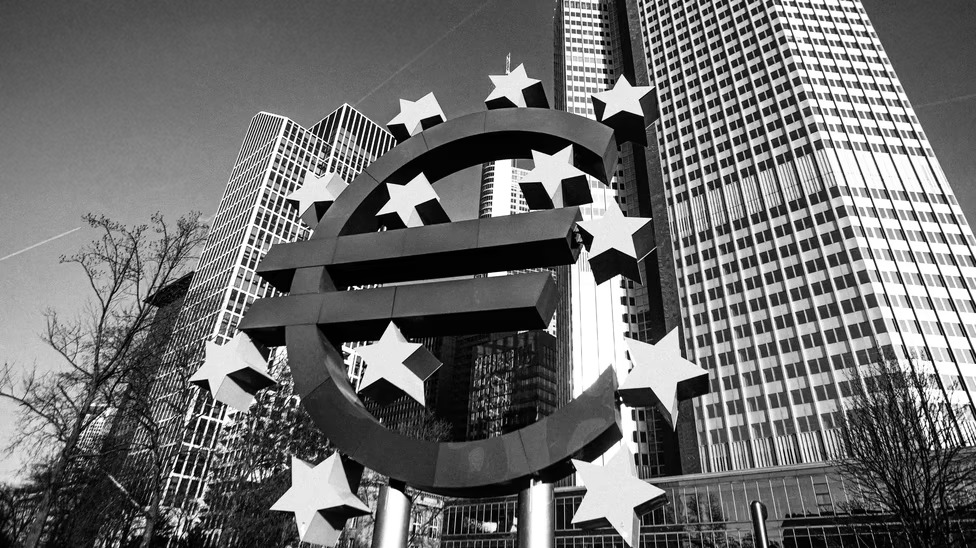To shield businesses dealing in digital assets from the weight of sanctions, the Central Bank of Russia has put in place protective measures.
These companies will receive regulatory relief designed to lessen the load on financial institutions by exempting them from some reporting requirements.
Amid Sanctions, Russia’s Central Bank Relaxes Regulation of Digital Asset Platforms
The Central Bank of the Russian Federation (CBR) has allowed issuers of Digital Financial Assets (DFA) not to disclose sensitive information amid sanctions risk. The exemption, valid until July 1, 2023, relates to data revealing beneficial owners of such entities.

The temporary easing of reporting is part of a series of measures designed to help individuals and organizations operating within Russia’s financial market infrastructure, according to an announcement cited by Russian crypto media.
Russia has not yet regulated cryptocurrencies like Bitcoin, but the existing “Law on Digital Financial Assets” allows companies to issue coins and tokens in a controlled environment. Three “information system operators who can issue DFA” have already been approved by CBR. These are Russia’s largest bank, Sber, tokenization service Atomyze, and Lighthouse.
In a press release, the Bank of Russia said that the regulatory and supervisory facilitation given to financial market participants and DFA issuers since the beginning of the year will help these organizations in the current economic and geopolitical situation. I explained that it was intended to minimize the burden.
The Russian government and Russian companies have become targets of tougher Western sanctions imposed in late February over Moscow’s decision to invade neighboring Ukraine. Penalties severely limit access to global finance and markets.
A proposal to legalize the use of cryptocurrencies for international payment processing to ease sanctions pressure is backed by Russian institutions, including the central bank, which has traditionally taken a tough stance on cryptocurrency regulation.
The CBR argued that the support provided to financial institutions, including DFA issuers and exchange operators, has mitigated the negative impact of regulation and enabled them to adapt to new conditions. The regulator is planning further steps in the same direction with changes that allow the recording of sanctioned losses.

















